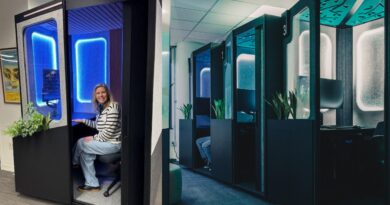Former Dallas Opera Board Chairman Serves as Interim CEO

Following the recent resignation of its general director and CEO, the Dallas Opera announced that longtime board member and executive committee member Dr. Ken Wildenthal will fill the position in the interim.
Wildenthal will serve in a volunteer capacity, with no compensation, until a permanent general director is appointed, the Opera announced in a news release Thursday.
Former general director and CEO Keith Cerny tendered his resignation earlier this month. He served the Dallas Opera for more than seven years, taking the helm in the spring of 2010, and presided over five consecutive balanced operating budgets and a host of artistic projects, expansions, and technical innovations.
He has been appointed General Director and CEO of Calgary Opera, where he will assume his duties in January.
“Keith has every reason to be proud of his legacy,” noted Dallas opera board chair Holly Mayer. “We wish him every success with his new responsibilities as we turn our efforts to maintaining this company’s impressive forward momentum and strengthening the collaborations with other arts organizations that have marked Keith’s tenure here in Dallas.”
Wildenthal, who chaired TDO’s Board from 2008 to 2012 (during its move to the Winspear Opera House), has been a loyal supporter of the company for many years, the news release read. In 2015, Eugene McDermott and the McDermott Foundation made major 7-figure gifts to endow the company’s top job and to honor Wildenthal by naming the position —in perpetuity— the “Kern Wildenthal General Director.”
“I have always had the highest regard for Kern Wildenthal’s ability to apply his wide-ranging experience and leadership skills to The Dallas Opera, We are so fortunate that he has agreed to assume the responsibility to steer the company through this transitional time,” Mayer said.
Wildenthal was the second President of UT Southwestern Medical Center, serving in that position from 1986–2008, after a ten-year stint as Dean. Under his administrative leadership, UT Southwestern quintupled in size; four faculty members were awarded the Nobel Prize; two million square feet of research buildings were constructed; two hospitals and six clinics were added to the campus, while referral medical services increased ten-fold. Also during this period, the institution’s endowment grew from $40 million in 1986 to $1.3 billion in 2008.








